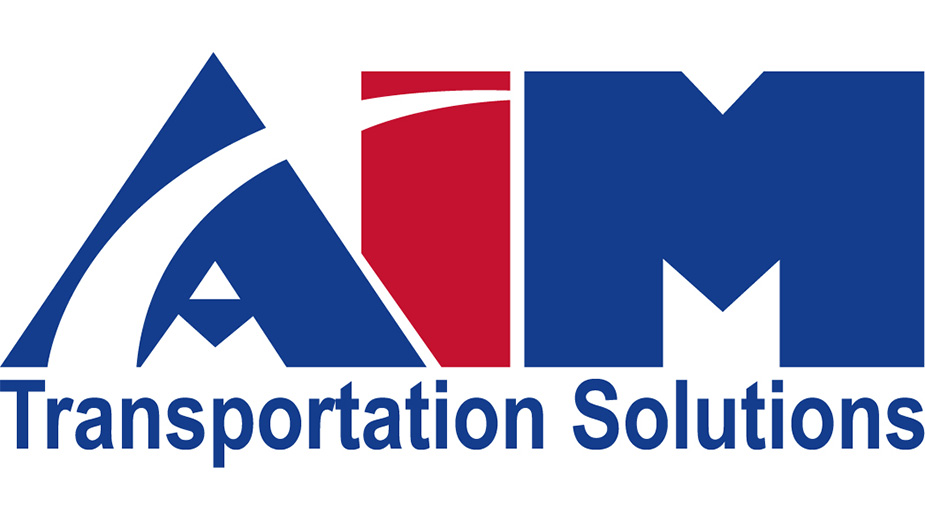Staying Connected, In and Out of Office
YOUNGSTOWN, Ohio – Desktop computers and telephones used to be viewed as two distinct means of communicating with colleagues in the office. Now the two are increasingly connected because of updates to phone systems.
The four businesses interviewed for this story – Micro Doctor IT in Warren, Favorite Office Automation in New Castle, Pa., DataCom in North Lima and Perigee Business Technologies in Youngstown – tell how office telephones and computers have become more synchronized and mobile.
Micro Doctor was founded in 1989 as an information technology firm that set up servers and maintained computers. It expanded eight years ago after the search for a new phone system caused owner Mark Richmond to realize that the phone system he brought in, Allworx Internet Phones, is “basically a phone that is a computer,” he says.
After he saw how easy it was to set up the new phone and its similarity to the IT work his company engaged in, he decided to sell Allworx phones to his customers and has since become the No. 1 dealer in Ohio.
“The only reason we got into it is because the Allworx phones seem like a natural extension. It looks just like a computer in the face,” Richmond explains. “It’s got an IP address, a gateway. It’s got features you can turn on and off and it’s not much harder than setting up a firewall.”
The newest phone Allworx makes is the Verge 9312. With a 4.3-inch color screen, it has the appearance of a small computer. If the user wants more than one screen, he can add as many as three expanders that provide more programmable function buttons, as well as storage for contacts, apps and the ability to monitor or route a large number of calls directly from the phone’s screens.
The Allworx telephones are VoIP, or Voice over Internet Protocol, phones. That means calls made are routed over the internet instead of landlines known as PSTN, or Public Switched Telephone Network.
“Though VoIP is more popular at this time, digital is still in play,” says Rocco Favorite, CEO of Favorite Office. Favorite says he looks at each customer individually to learn how its business is run – what it’s doing, how it’s doing that and where it expects to be headed – so he can determine whether VoIP phones will benefit that firm over digital, which connects calls through traditional phone lines unlike VoIP.
Favorite Office has worked with both computers and phone systems since it opened in 1983, which is unusual, Favorite says, because most phone and computer companies were separate until recently.
One reason businesses choose VoIP phone systems instead of digital is because they expect to save money. The reliability of VoIP phones is below that of digital, however, because if the “internet goes down, phones go down,” Favorite says.
Regardless, these phone systems continue to integrate the use of the computer and cellular devices to the phone on one’s desk with the help of the internet.
“Typically, we will connect your company to the telephone world and the data world infrastructure,” says Dave Cross, phone service manager at Datacom, connecting the cables in the customer’s building to the world outside.
However a popular feature today is using a “soft phone,” as he describes the software, that allows the user to make telephone calls on his desktop computer, Cross says. A similar feature is VoIP Outlook Integration, which allows the user to call contacts directly from the Microsoft Outlook address book connected to his phone. “This makes calling more efficient if you’re already using a desktop. You can just stay in one place instead of picking up the phone,” Cross adds.
Voicemail to email is another popular feature for the individual who prefers to stay on his computer. Voicemails received are sent to his Outlook and he can listen to them on his computer. Information from the voicemail can be viewed on screen as well, such as the caller’s number, name of his business, date, time of day and duration of the message.
Being able to work remotely from a cellphone is just as important as efficiency.
“The newest trend in our industry is mobility,” Steve Sava, president of Perigee Business Technologies, says. “Inside or outside the office, a smartphone, whether iPhone or Android, can be programmed as a fully functioning station of the office telephone system. These stations use Wi-Fi instead of [being billed] cellphone minutes and work anywhere in the world.”
Downloading the Reach app allows a cellphone to become an extension of the office computer and phone, so even if an employee is out of the office, he can still be connected. The app synchronizes all the contacts from an office phone and provides the ability to make calls from his cellphone, with caller ID recognizing it as the office phone. It also allows voicemails from the office phone to be sent through text to a cellphone.
Perigee Business Technologies describes itself as a full-service telephone service provider for business telephone, voicemail, enterprise Wi-Fi and video systems. Sava says mobile and portability will be major factors in office phone systems and believes Wi-Fi is ushering in the wireless office as more phone systems and other office equipment incorporate the technology.
“The telephone industry has been changing since its inception. Now is no different, except the changes are much quicker and more exciting,” Sava says.
Pictured: Mark Richmond, president of Micro Doctor IT, added phones to his company’s offerings eight years ago.
Copyright 2024 The Business Journal, Youngstown, Ohio.



